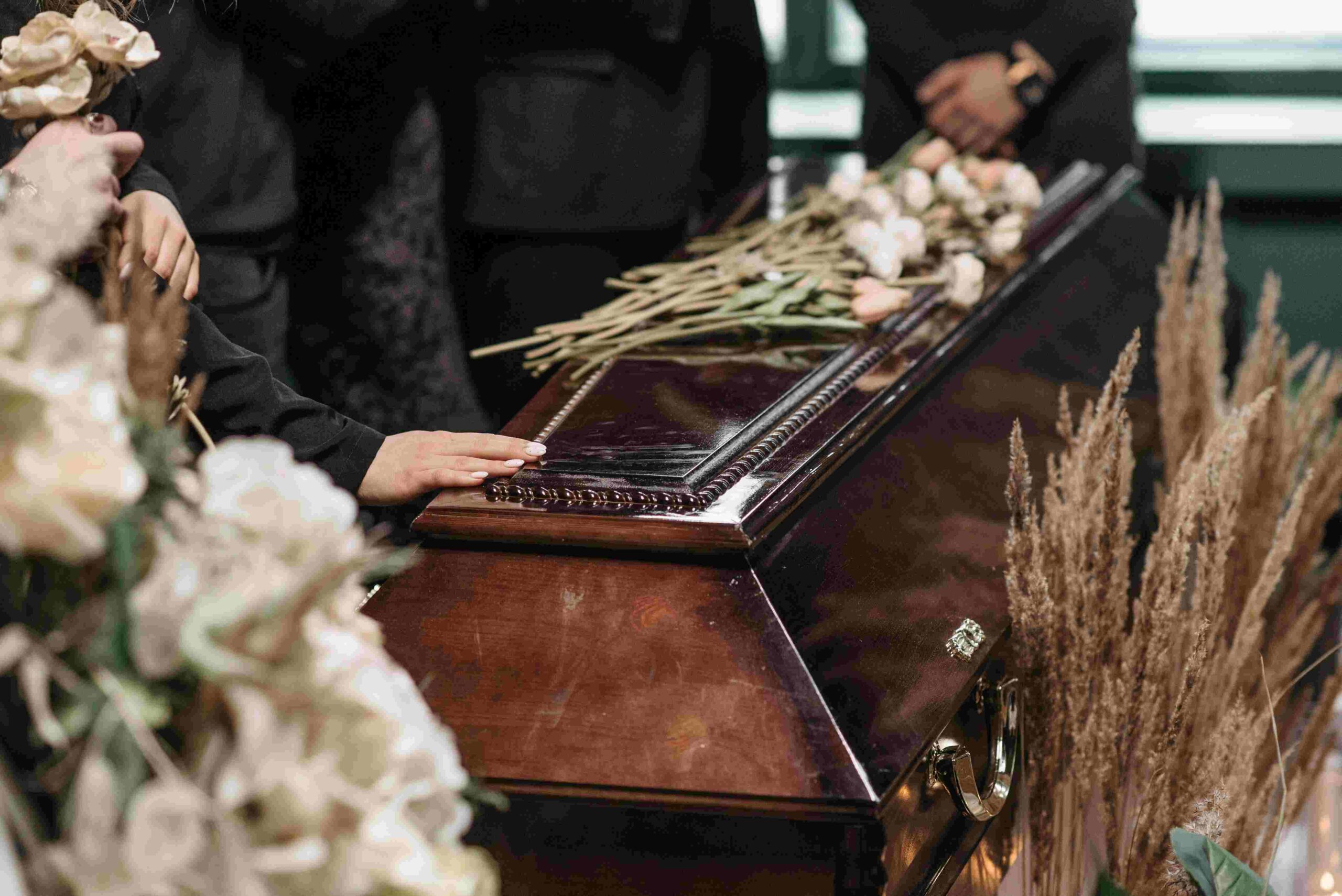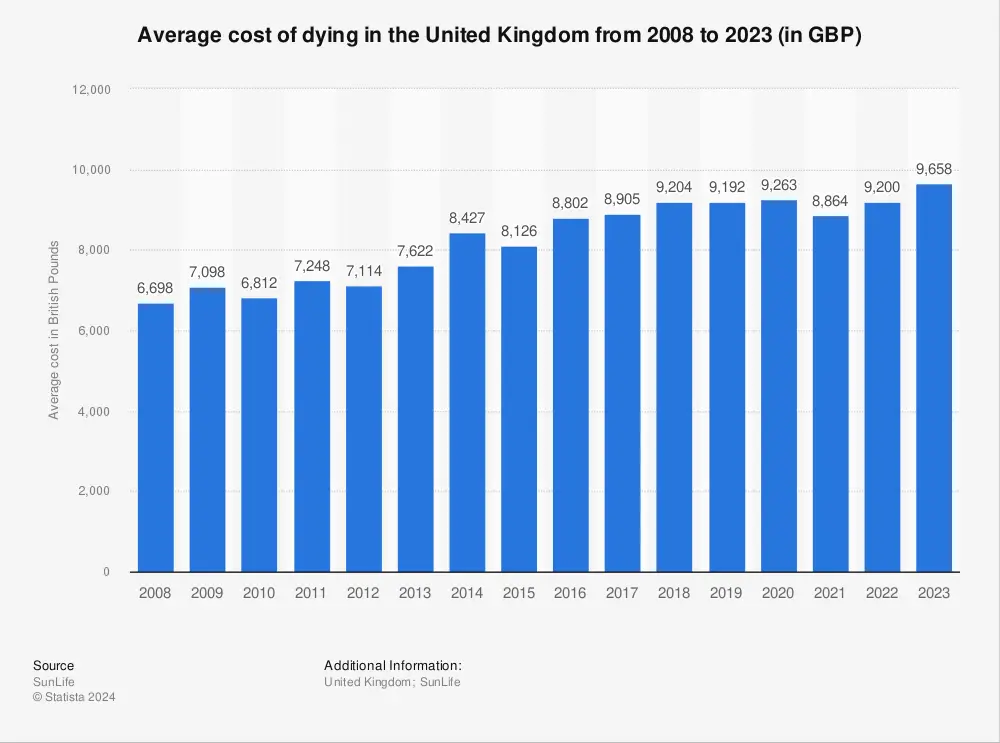- [email protected]
- Address placeholder, Country

Death is a difficult subject, and planning for it can feel even harder. But one question that often arises is: do you have to have a funeral?
The answer is no. In the UK, there’s no legal obligation to hold a funeral service. However, the law does require you to dispose of the body by burial, cremation, or other lawful means.
This means you have the freedom to choose how to commemorate your loved one, or plan your own final wishes.
Traditional funerals can be a source of comfort and closure for many. They provide a space for family and friends to gather, share memories, and grieve together. However, traditional funerals can also be expensive and time-consuming to organise.
Here are some alternatives to consider:
Direct Cremation: This is a simple and affordable option where the body is cremated without a funeral service.
Memorial Service: A memorial service is held after the cremation or burial, allowing for a gathering without the body present. Check out our article on Order of Services for funerals.
Natural Burial: This eco-friendly option involves burying the body in a biodegradable casket in a designated woodland area.
Celebration of Life: A celebration of life focuses on the positive aspects of the deceased’s life, often with a more informal and upbeat atmosphere.
The decision of whether or not to have a funeral is a personal one. Here are some factors to consider:
The wishes of the deceased: Did your loved one express any preferences about their final arrangements?
Family traditions: Are there cultural or religious traditions to consider?
Financial considerations: Funerals can be expensive. Consider your budget and any available financial support.
Emotional needs: Will a service help you and your family grieve? Or would a more private option be better?
There is no right or wrong answer. The most important thing is to choose an option that feels right for you and your loved ones during this difficult time. If you do choose to go down the traditional funeral route then for help finding a funeral director have a look at Funeral Guide – The Funeral Director Comparison Site
Whatever you choose, ensure that you have a valid Will in place. You can make funeral requests in your Will if you wish. See ten more reasons why you should have a Will here
Resources:
For more information on funeral options and legalities in the UK, you can visit the websites of the National Association of Funeral Directors or the Citizens Advice Bureau
As you can see below (courtesy of www.statista.com) the cost of dying is increasing so whatever you choose please ensure you get your affairs in order with an up to date Will and consider covering the cost of dying with a life insurance policy so that your family don’t have to pay for you. The added bonus is that you get 50% off the cost of a Will with www.xwills.com if you take out a policy through one of our FCA registered partners. If you decide you do want a funeral then read more in our guide to planning a UK funeral.
History Buffs:
Funeral Customs Around the World:
Facts about funerals:

0208 064 4088
Tilsop Farm,
Nash,
Ludlow,
Shropshire
SY8 3AX